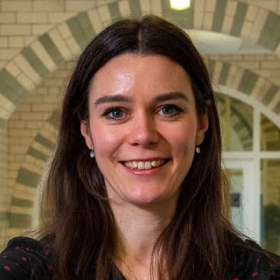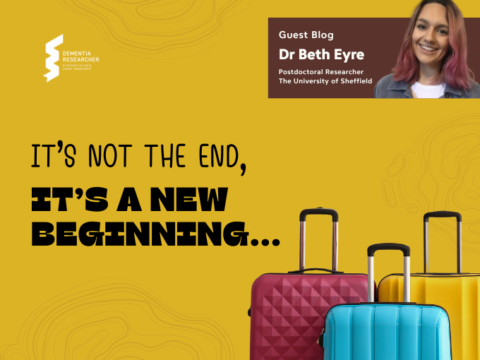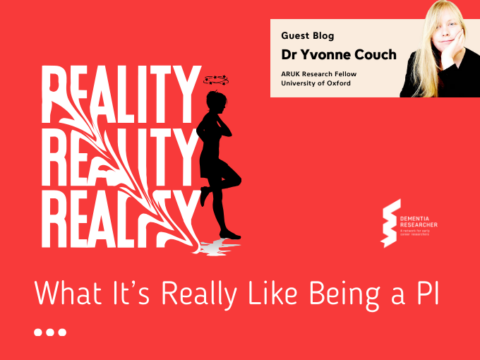So many things have been digital for the past 18 months or so – seeing family and friends, booking shopping online, watching the Olympics remotely even if any of us had been lucky enough to get tickets. Yes, things have emerged again in the past few months, gradually, but it seems like most of us have gotten used to a much higher level of digital communication and digital tech usage than in pre-pandemic times.
There are clearly benefits to engaging digitally, but also downsides of course. It is much easier connecting with your family or friends who live far away, or in a different country even. Many of us, especially academics, can easily work remotely from home these days, and actually end up working more and more efficiently whilst avoiding draining commutes and actually having a better work-life balance.

To help prevent the spread of COVID-19, NHS services turned to telehealth appointments to deliver basic care.
Digital connections cannot replace face-to-face interactions though, which is what we have seen very early on in our COVID-19 dementia research back in 2020. People with dementia, and family carers, were eager to see their family, friends, and peers again, and didn’t get the same benefits out of remote connections. More so, most social care services weren’t set up to provide remote support (thinking of day care centres or respite for example, this is indeed impossible..), leaving many people with dementia and family carers suddenly without any care and support.
Obviously, connecting remotely helped reduce the spread of COVID-19, but what impact will the enforced digital technology usage and engagement have as we are, at some point, emerging out of the pandemic, or at least out of the most severe degrees of the pandemic? What does the future of dementia care look like given how it has been affected and shaped in the past 18 months?
Engaging with digital technology can be difficult for many people with dementia depending on their severity and also the type of dementia. But it’s not only about the dementia, most people with the condition are aged 65 and above and are thus less likely to be as tech-savvy as younger generations. Let’s not forget as well, it costs money to have a smartphone, laptop, or tablet and internet access, not everyone is able to afford this.
Likely, we are going to see hybrid models of care, or an additional remote level of care and support added to the face-to-face care that had been provided pre-COVID-19 and needs to be provided. Even before 2020, there were many difficulties for people with dementia and family carers who were living in rural and remote areas – peer support groups that were relevant to them, or indeed any other type of support, could often be hard to come by or difficult to access by public transport. So, having some services offered digitally can be of benefit and can enable a wider number of people to be reached. However, that needs to be offered on top of face-to-face services, and many more of them than in pre-pandemic times given the notorious lack of adequate social care support for someone with dementia.
If there is to be a suitable mix of both – face-to-face and remote – then social care may actually be accessible to a greater number of people, and allow people to flexibly access (if able to and knowledgeable) the care they need. To hear more about how people living with dementia have been using digital technology during the pandemic, join the next free Liverpool Dementia & Ageing Research Forum webinar on the 22nd September 1-2 pm, and discuss with us what this may mean for the future of dementia care.

Dr Clarissa Giebel
Author
Dr Clarissa Giebel is a Research Fellow at the University of Liverpool and NIHR ARC North West Coast. Clarissa has been working in dementia care research for over 10 years focusing her research on helping people with dementia to live at home independently and well for longer, addressing inequalities that people with dementia and carers can face. Outside of her day work, Clarissa has also organised a local dementia network – the Liverpool Dementia & Ageing Research Forum, and has recently started her own podcast called the Ageing Scientist.

 Print This Post
Print This Post




